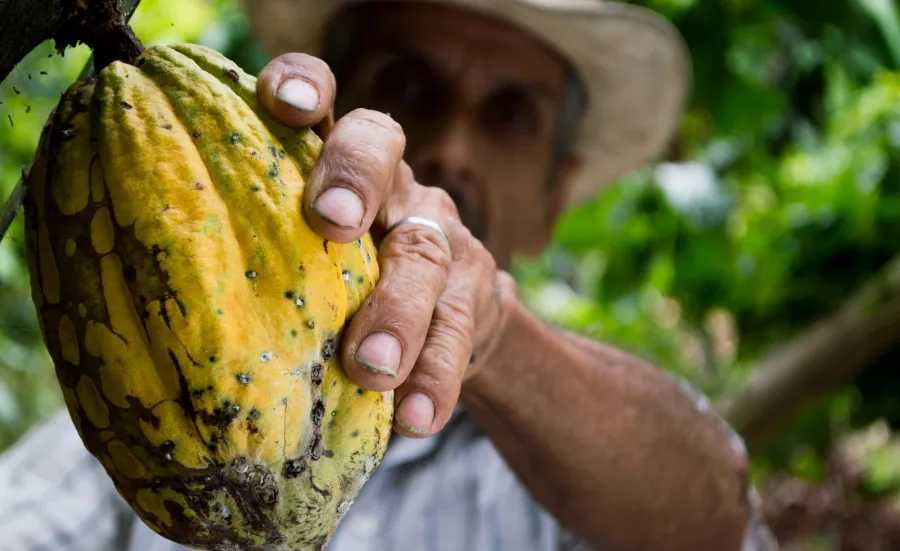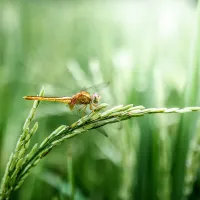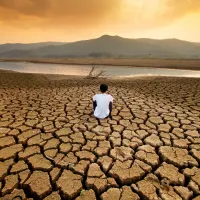The increasing challenge with food security
Food security is a global issue, with billions of people already affected. The United Nations estimates that by 2030 we will need 50 percent more food, 50 percent more energy and 30 percent more water to provide for the growing population.
To help find solutions to these challenges, Southampton led a multi-million pound project in Malawi, Colombia and Peru, to look at how we can make sure people living between forests and agriculture are healthy in terms of nutrition.
Around a billion people are already food insecure, around a billion more are obese, and another billion are malnourished, by not having a diet that provides a healthy lifestyle.
Professor Guy Poppy
The Attaining Sustainable Services from Ecosystems through Trade-off Scenarios (ASSETS) project, brought together international partners to work to understand how people in vulnerable parts of the world can keep themselves food secure.






